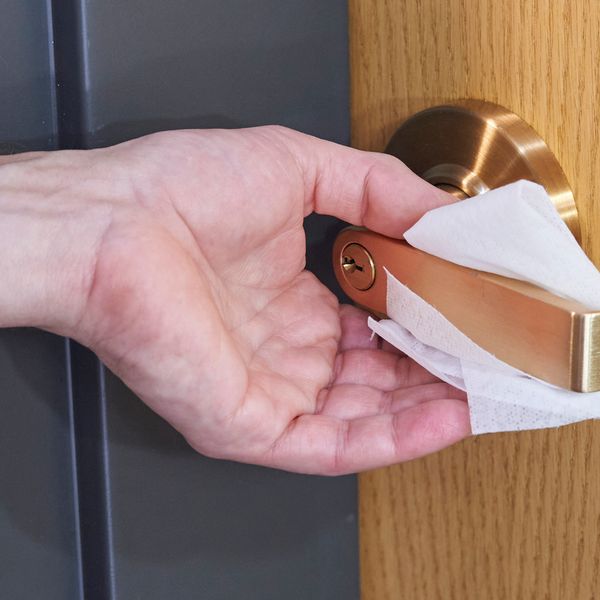Now is the time to prepare your workplace for virus outbreaks
Many companies are encouraging workers to return to the office, as bringing workers together provides more opportunities for them to chat and bounce ideas off each other. It also makes it easier for them to spread something other than their thoughts: Virus-borne illnesses.
Cases of colds, flu, and COVID-19 tend to increase in the fall as people spend more time indoors and are in closer contact with each other. Drier air is also a culprit; viruses spread more quickly when the air is dry as the droplets float in the air rather than falling to the floor.
People also have a tougher time warding off viruses when the air is cool and dry, as the upper respiratory tract doesn’t operate as efficiently in those conditions.
Now is the time to think about how to give your workers the best chance for staying healthy and what you will do if a virus outbreak occurs.
To protect your workers and keep viruses away:
- Keep things clean. Germs can linger on surfaces for days or weeks. Devise a plan for cleaning commonly touched surfaces, including doorknobs, microwave handles, handrails, keyboards, light switches, dials, and control buttons.
- Check building ventilation. Proper indoor ventilation can lower the concentration of viruses and allow people to breathe in air that’s less contaminated. In addition, good ventilation reduces surface contamination, as fewer virus particles are falling from the air onto a surface. Give your heating and cooling system a checkup to make sure it meets or exceeds requirements.
- Encourage handwashing. Regular handwashing reduces the chance of infection by getting rid of germs, which can enter the body when a person touches their eyes, nose, or mouth. Put up posters and signs that encourage employees to regularly wash their hands by rinsing, lathering, and scrubbing for 20 seconds. Provide handwashing facilities with ample clean water and soap. If employees work in an environment where soap and water aren’t available, provide hand sanitizer made with at least 60 percent alcohol.
- Remind workers about etiquette. Workers should cover their mouths when coughing or sneezing and properly dispose of used tissues. Remind them of these simple but important actions.
- Encourage a vaccination conversation. Vaccinations for the flu and COVID-19 can help prevent severe illnesses and hospitalizations. Encourage workers to talk to their health care provider about which vaccinations are right for them.
- Give workers space. Viruses often spread through the air. Make sure workers have the opportunity for adequate distancing.
- Update and publicize your sick leave policy. One key to staying healthy is to avoid contact with people who are sick. To keep viruses from spreading, employees who are ill should stay home when they are contagious. Make sure employees understand your sick leave policy and know who to contact if they aren’t feeling well. Supervisors should have a plan in place to cover unplanned employee absences so workers don’t feel pressured to come into work when they’re ill.
- Consider remote work as an option. If remote work is a possibility for those who don’t feel well enough to come into the office, publicize your policy. Make sure workers are aware of how to inform supervisors and teammates of their plans.
Key to remember: Cold and flu season hasn’t kicked in quite yet, so now is the time to prepare and take action to prevent outbreaks.



















































